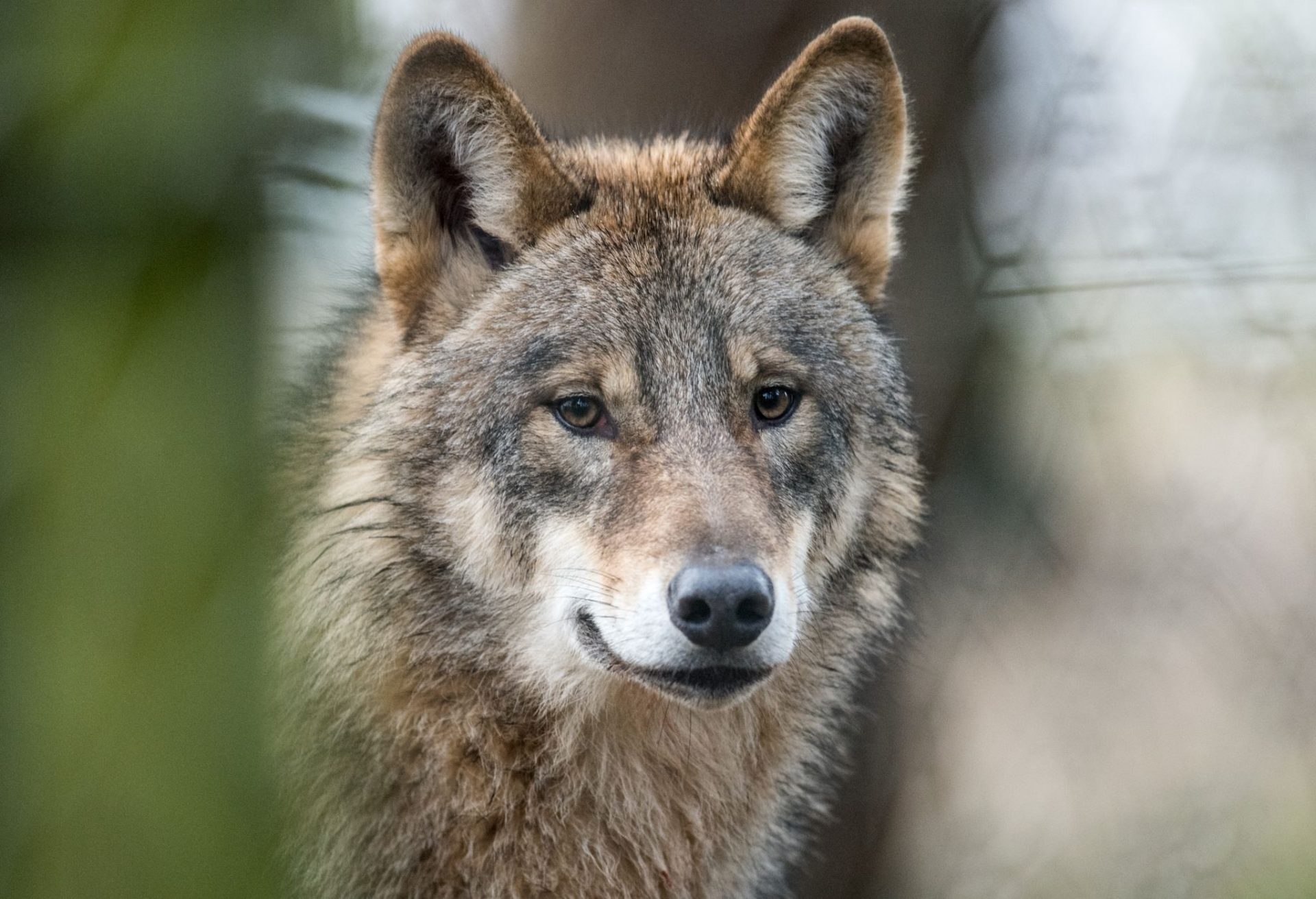“`html
EU-wide/Brussels/Strasbourg – The signatory states of the Bern Convention have downgraded the protection status of wolves from “strictly protected” to “protected.” This was announced by the press department of the Council of Europe in Strasbourg on Tuesday. The proposal to lower the protection status came from the EU, which can now, in another step, lower wolf protection in the Flora-Fauna-Habitat Directive (FFH Directive). Agriculture Minister Totschnig (ÖVP) welcomed the reduction he had demanded.
It was not disclosed which countries voted how. The EU Commission, which speaks on behalf of the 27 EU member states in Strasbourg, is likely to have voted for the proposal. The same goes for Switzerland, which had already pushed for a downgrade in 2022 – at that time, however, it failed, among other things, due to the EU’s opposition.
As the EU and its member states are parties to the international Bern Convention on the Conservation of European Wildlife and Natural Habitats, the status could not be changed at the EU level without a change in the protection status in the convention. The change comes into effect three months after today’s vote. Until then, one-third of the signatory states could theoretically still veto – but this is unlikely since a two-thirds majority was needed for today’s decision.
According to the Ministry of Agriculture, 38 of the total 50 Bern Convention member states voted for the proposal. Subsequently, the EU Commission is urged to amend the annexes of the FFH Directive. A downgraded protection status would give EU states more flexibility to allow wolf hunting, without completely lifting the protection – the status of the wolf population must not be jeopardized, according to a press release by the Council of Europe.
Increase in wolf population leads to conflicts
In December 2023, the EU Commission proposed to downgrade the protection status of wolves from “strictly protected” to “protected.” The return of wolves to EU regions where they had not been seen for a long time, as well as the increase in their populations in new areas, has led to difficulties and conflicts, the Commission justifies its decision. After the EU states agreed in September, the EU submitted an amendment for the Bern Convention. Today, EU Commission President Ursula von der Leyen expressed her delight: “We need a balanced approach between the protection of wildlife and the protection of our livelihoods.”
“Today we have paved the way for an important milestone for easier regulation of the large predator wolf. The fact is, the wolf is no longer endangered in Europe and is now increasing by up to 30 percent a year. The problem with the wolf goes far beyond livestock attacks, as the wolf is increasingly losing its fear of humans. As political leaders, we must not allow wolf attacks to occur. This is precisely why I have been fighting for years to lower the protection status,” welcomed Agriculture Minister Norbert Totschnig (ÖVP) in a statement.
Tyrolean governor Anton Mattle (ÖVP) felt confirmed by the adoption of the change also demanded by Tyrol. “The wolf is no longer endangered,” Mattle emphasized in response to an APA request, the lowering of the protection status is a “logical consequence” of this. If the EU Commission now changes the FFH directive, the reduction is finally “set in stone.”
“Since our alpine and pasture farming is much more endangered than the tens of thousands of wolves roaming around Europe, today’s decision of the Bern Convention is an important step forward for the future and vitality of the rural area,” says Josef Moosbrugger, President of the Austrian Chamber of Agriculture. “The decision is a success for species protection in Austria and clearly shows that the wolf population in many countries in Europe is at a high level and continues to rise sharply,” emphasizes Hunting Austria President Maximilian Mayr Melnhof according to a release.
“The downgrading of the protection status is an important step forward to maintain the balance between nature conservation and the needs of our alpine farming and tourism,” says Salzburg’s Deputy Governor Marlene Svazek (FPÖ). FPÖ EU Member of Parliament Roman Haider also welcomes the downgrading of the wolf’s protection status: “This allows for a positive coexistence of humans, livestock, and wildlife in our nature.”
Animal rights activists criticize decision
“This decision is a setback for species conservation and an example of democratic failure,” criticizes Madeleine Petrovic, president of Animal Welfare Austria. “It shows how often scientific findings and the will of the majority are ignored in favor of individual lobbying interests.” Both the survey on the first wolf report and the EU Commission’s survey on lowering the protection status resulted in the following: The majority (77 percent in the wolf report and 71 percent in the EU study) favored maintaining the existing strict protection status of wolves.
“The ruling politics refuse to do their homework and instead start a populist attack on species protection. What is actually needed is a well-planned herd protection campaign,” says WWF expert Christian Pichler. The approach is not supported scientifically and could have counterproductive effects overall. As native wildlife and predators, wolves are a natural contribution to biodiversity. They prevent the spread of diseases and ideally also strengthen important protective forests by reducing excessive wildlife populations.
Thomas Waitz, Green Party agriculture spokesperson in the EU Parliament, says: “The downgrading is not based on scientific knowledge but pure populism. The wolf serves as a scapegoat for conservatives to distract from their failures in rural areas across Europe. It is feared that with the change in the nature conservation directive, not only the wolf will be at risk, but also other threatened animals such as beavers, otters, sea turtles, seals, or lynxes will lose their protection status.” (03.12.2024)
“`
 go to the original language article
go to the original language article
